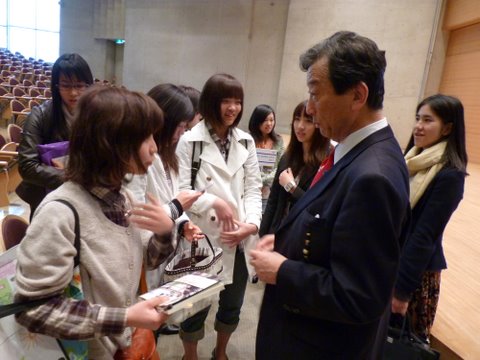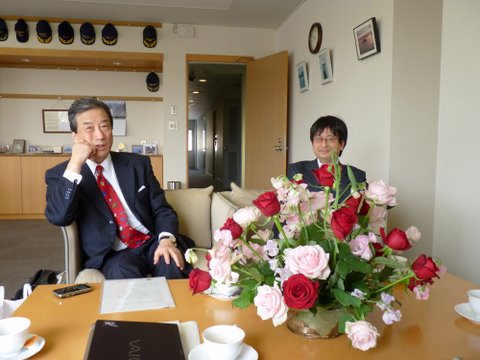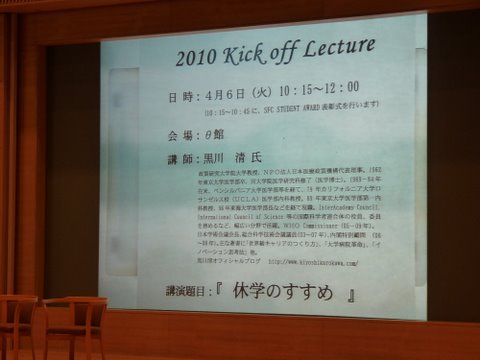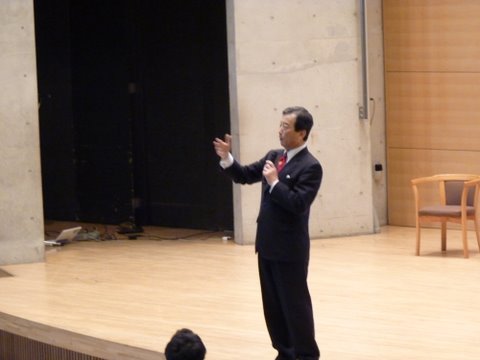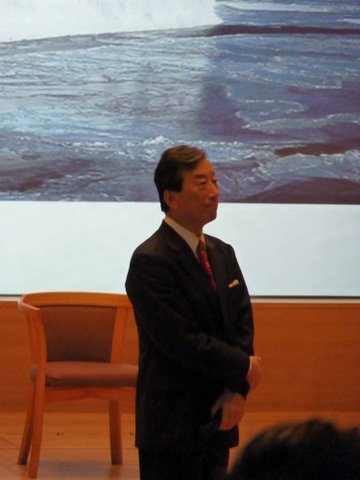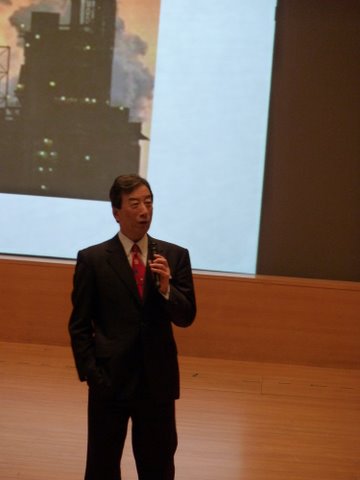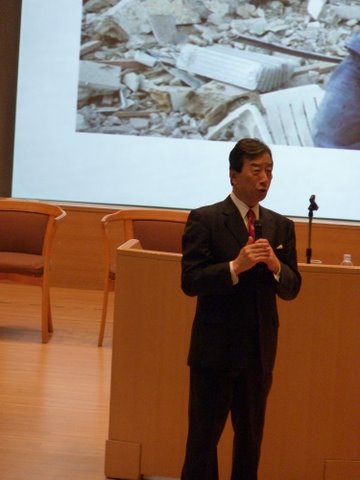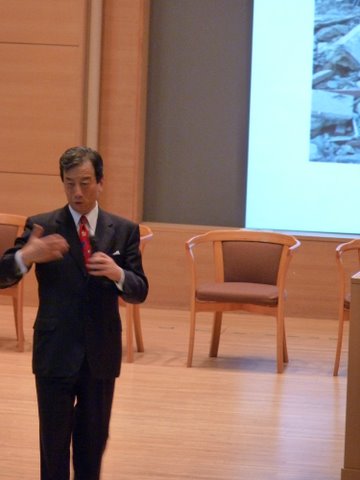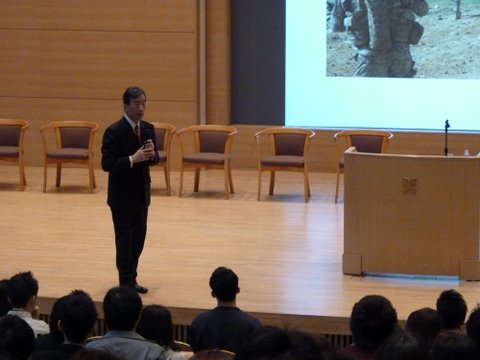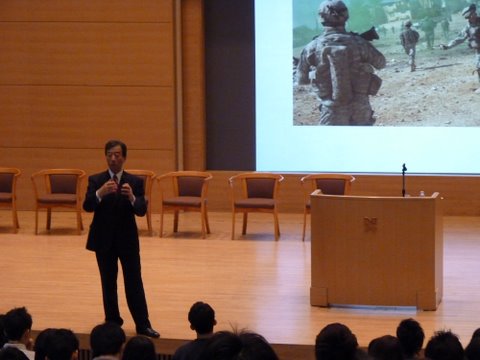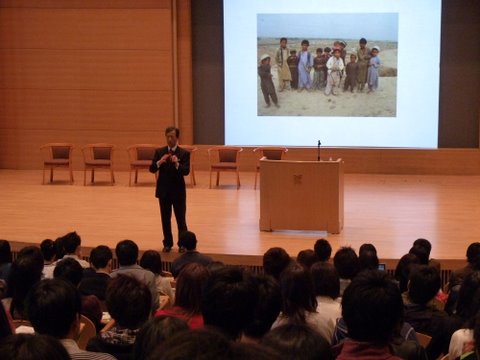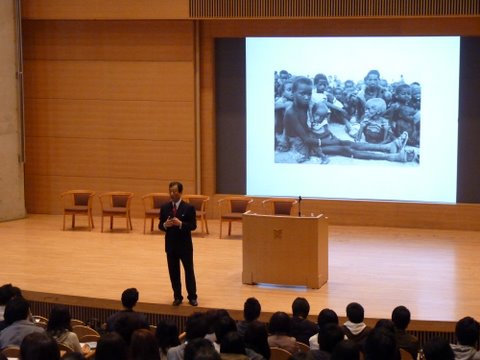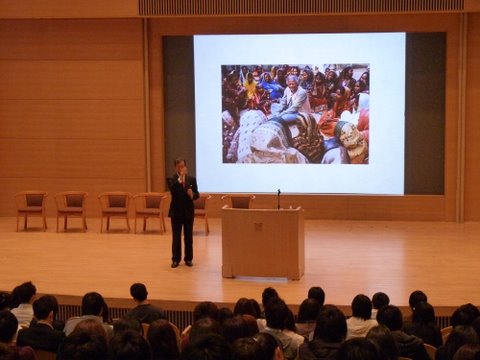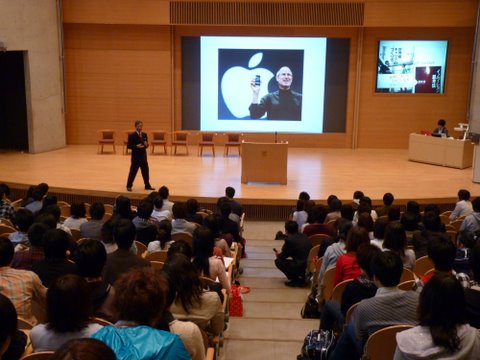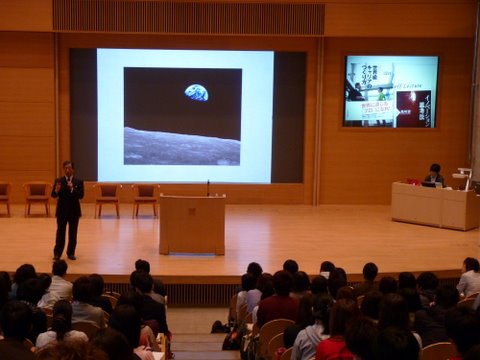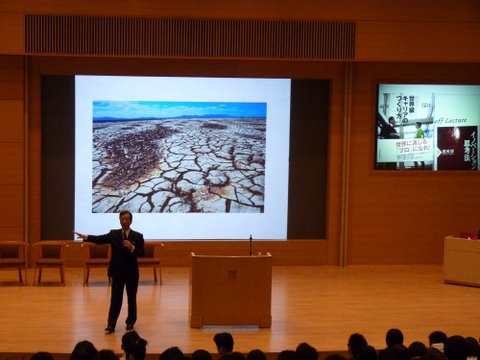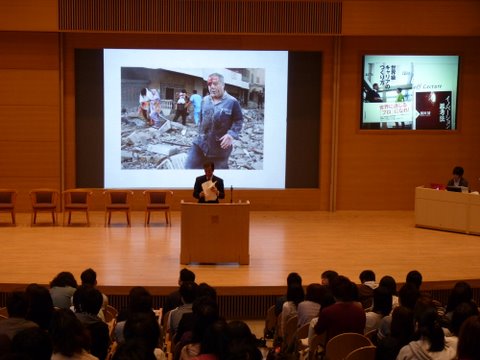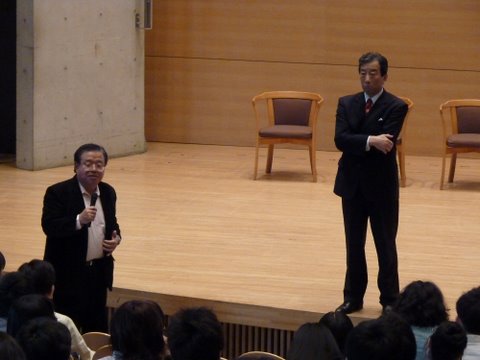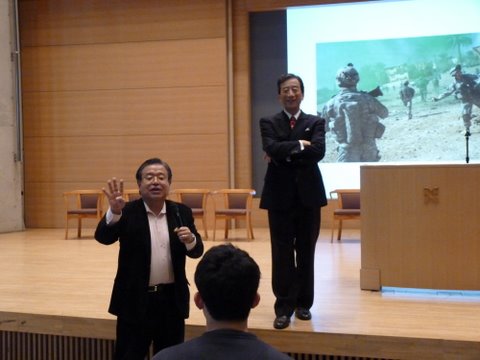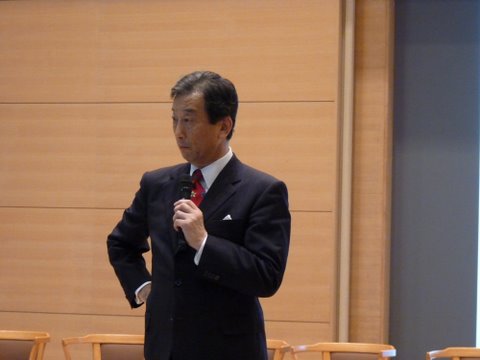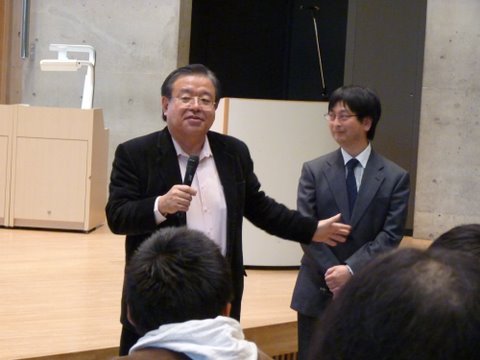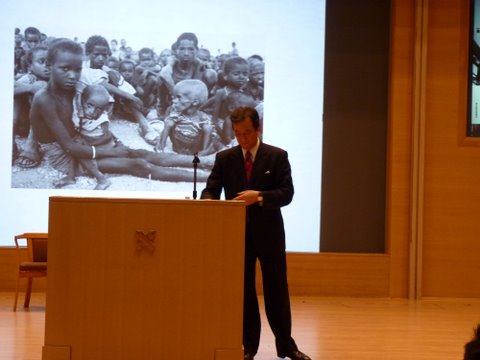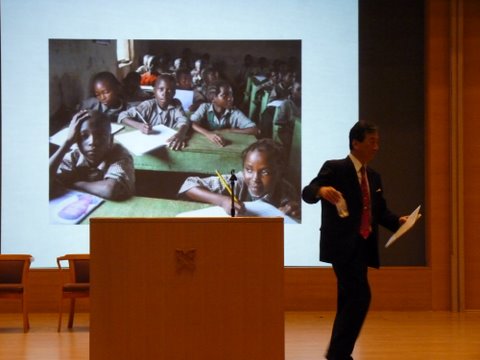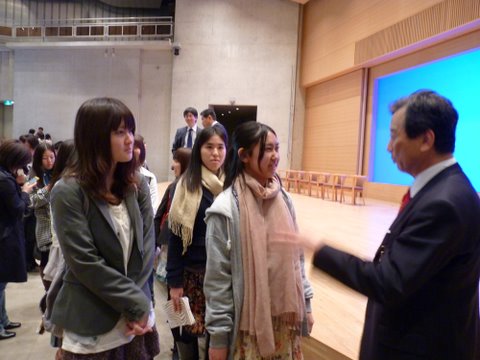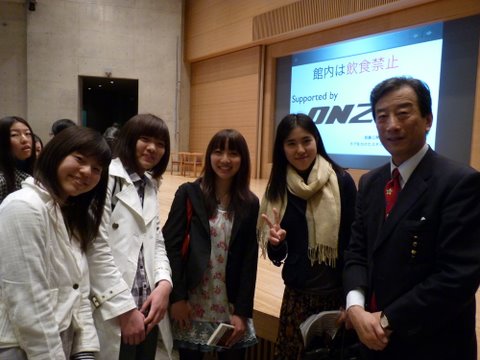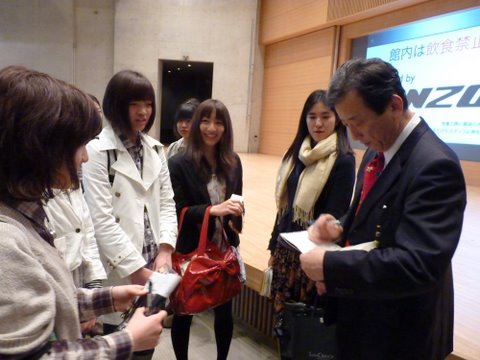The purpose of this visit to Doha is to attend the ‘Global Redesign Summit’. Programs and other information are posted on the web, but at this meeting all documents and reports abide the ‘Chatham House Rule’, a style that do not disclose the identity of the speakers, and its exceptions are very limited. Therefore, we need to obtain consent from the host of the conference and the speakers in order to reveal who said what, even in a blog like this.
The intention of the agenda of this Summit as I understand is to pick up issues from the discussions of the past ‘Global Agenda Councils’(Ref.1, 2), focus, have them further discussed at this Summit and carry the results perhaps to the next Davos Meeting in January using them as the basis of discussions at panels and other programs so that some kind of global actions may arise.
As usual, the programs were divided into several themes in which I found one interesting session titled ‘Oceans’, an unusual theme. ‘Oceans’ has been one of my interest for a while, and since the content looked attractive, I decided to join.
I had an impression that participants were carefully chosen and invited (though many naturally could not come due to other obligations) for this Summit, with members of the ‘Global Agenda Council’ as the core.
Since I have been helping the work of the World Bank on Development (Ref.1) for 2 years as a ‘volunteer’, I joined mainly in the sessions related to ‘Development’. Committee members presented each point in about 5 minutes to express their views from their own standpoints to set issues for the discussions that followed. The number of participants was about 50 or at most, 100 in each session, so it was a comfortable size to exchange views and discuss.
In such meetings, you are given opportunities to listen to many experts that make very good points, hear different views, observe the way good discussions are conducted, and hear the views of many leaders of the fields. Also, you learn how to express your view within a limited time frame, how to lead discussions, expand the scope, or to introduce new viewpoints. I always learn a lot from this sort of events.
As I have reported to you in my past columns, President of JICA, Madame Sadako Ogata is a wonderful speaker and one of the true leaders of the world. Each word of her comments is very clearly understood by other participants, appreciated – and by the way she was invited to appear in 4 panels including the closing Plenary Panel. This extraordinary talent and insights that Madame Ogata embraces is quite visible and valued at the annual main Davos meeting, also. Such an extraordinary character is found in a very few people even by the global standard. The last panel 'A Framework for the Future' was conducted by a male host, two male panelists and 4 female panelists. The president of Finland (female, was a minister of foreign affairs for 5 years, has been the president for 9 years, originally was an activists at NGO.) commented on this fact at her closing remarks. Such structure of participants would be hard to imagine at comparable panels in Japan.
I was fortunate enough to spend quite a time with Dr. Sadako Ogata, and was impressed to know her broad networks of people including many (former) heads of the states of so many nations. She has been in touch with them personally for 10-20 years. This is quite extraordinary and therefore a proof how people appreciate and trust her. She is truly the pride of Japan. Ogata-san visited Kabul, Afghanistan, a few months ago, and will head for Egypt after this meeting; she is practically hopping around the world. She does not appear this Summit as President of JICA, but as an individual, thus she came here alone, no staff, even at her age and the position. What a remarkable and honorable lady she is.
Participants from Korea (staff members from the Blue House- I am acquainted with several young staff such as G20 Sherpa Ahn Ho-Young (Ref.1) and Professor of Political Science, Moon Chung-in ), China representatives from political arena and academics impressed us with their clear and relevant comments at a Plenary as well as their skilful handling of the questions and answers that followed.
I urge Japanese youths to participate more aggressively in such ‘opportunities’; to learn how to discuss and ask questions at panels and follow good examples. Try, fail, learn, and grow. Gradually you will get used to being in such ‘places’. By all means, take every opportunity to be at such events. Failing to do so will result in even more low presence of the Japanese. Besides, it is also an excellent chance for your global network building.
